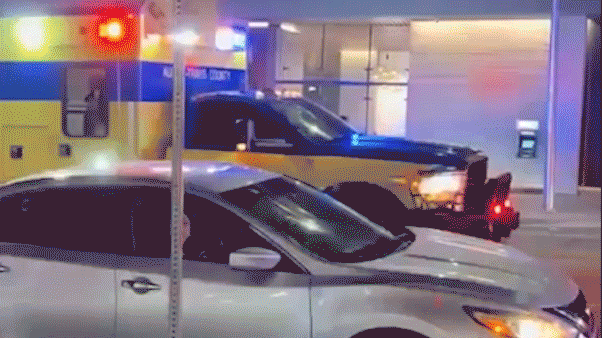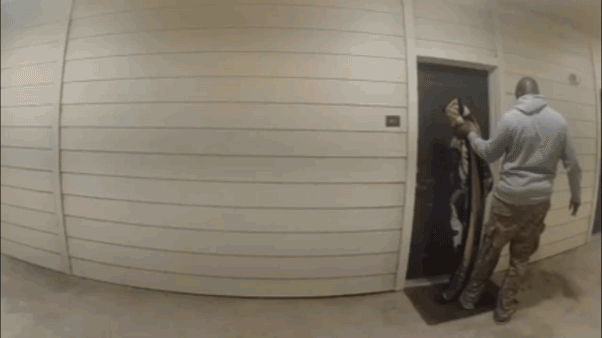Severe storms pose a variety of hazards, such as potential electrocution from downed power lines. Unfortunately, many electrical safety hazards remain long after the storm has passed, even if the power is out in that area.
Electrical hazards cause more than 300 deaths and 4,000 injuries each year among the United States workforce alone, not including outside the workforce.
If you see downed power lines, always treat them as if they are energized and dangerous.
"Water is an excellent conductor of electricity and there’s no way to tell if a downed power line is still energized," Darryl Daves said, senior manager of safety for Entergy Corporation.
If water is rising near your home or business, turn off electricity at the main breaker. Evacuate and do not return until waters have completely receded. Wait until the water recedes, then have an electrician check the building's wiring before using electricity.
"Any amount of water could become energized. Be careful not to touch water, or anything in contact with the water, when a downed power line is nearby," Daves said.
Don’t go into any room or basement if water is covering appliance cords that are plugged in or if water has reached the wall outlets.
If electrical appliances and equipment have been under water, allow them to dry out and have them checked out by a qualified repair person before using them.
"It’s not safe to walk through floodwaters, especially after a storm. Often, there is no way to tell if there is a downed power line in the water, and if so, if it’s still energized," Daves said.
Shuffle with your feet taking smalls steps, keeping them close together and on the ground. Daves said this minimizes the potential for a strong electrical shock. Also, fight the urge to run and warn others not to run.
"This is because when a live wire touches the ground, electricity travels through the ground in all directions. Voltage lessens as it travels from where the live wire is touching the ground," Daves said.
"If you run or take large steps, you increase the chance that electricity could come up one leg and go out the other, and you could be shocked," Daves said.
When cleaning up after a flood with equipment like a wet-dry vacuum or a pressure washer, do not allow power cord connections to become wet.
The farther you stay away from downed power lines the better. Don’t walk in flooded areas or in standing water if you don't have to. Also, be aware that tree limbs can conduct electricity.
If you see a downed power line, call your local utility to report it immediately.
For more safety and preparedness tips, visit AccuWeather.com/Ready.









































